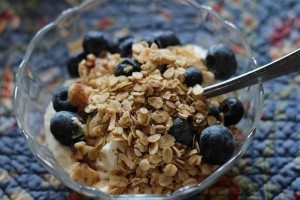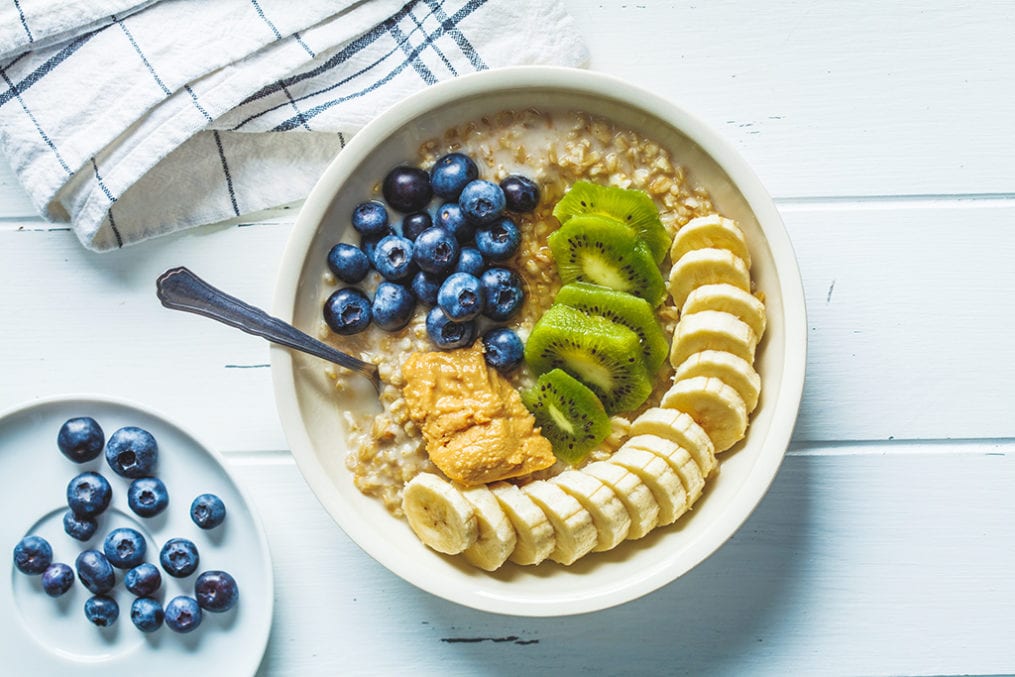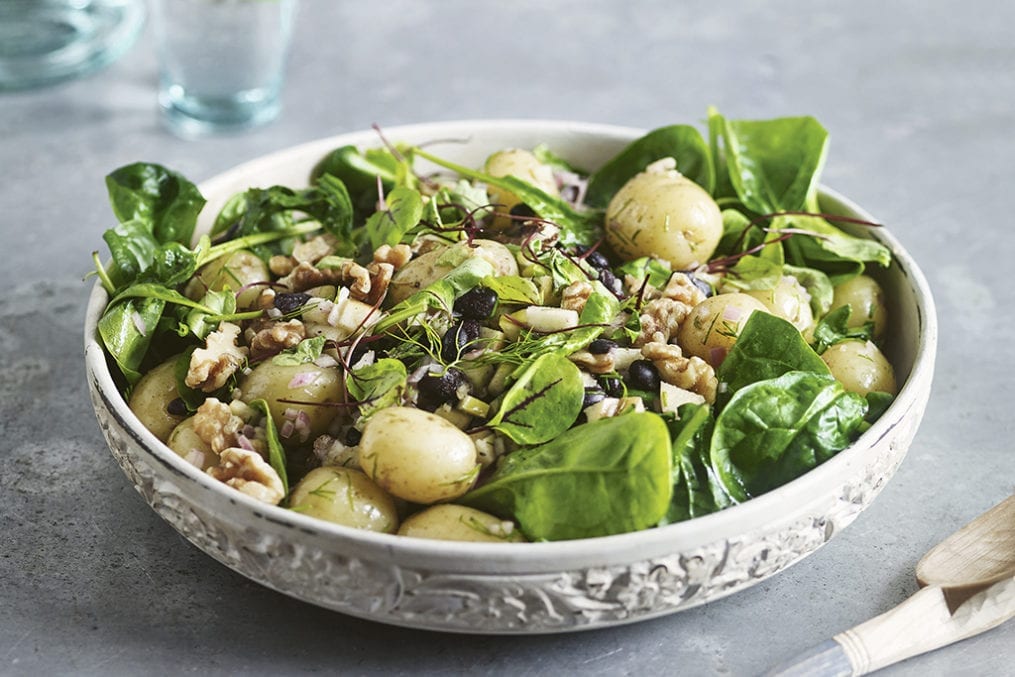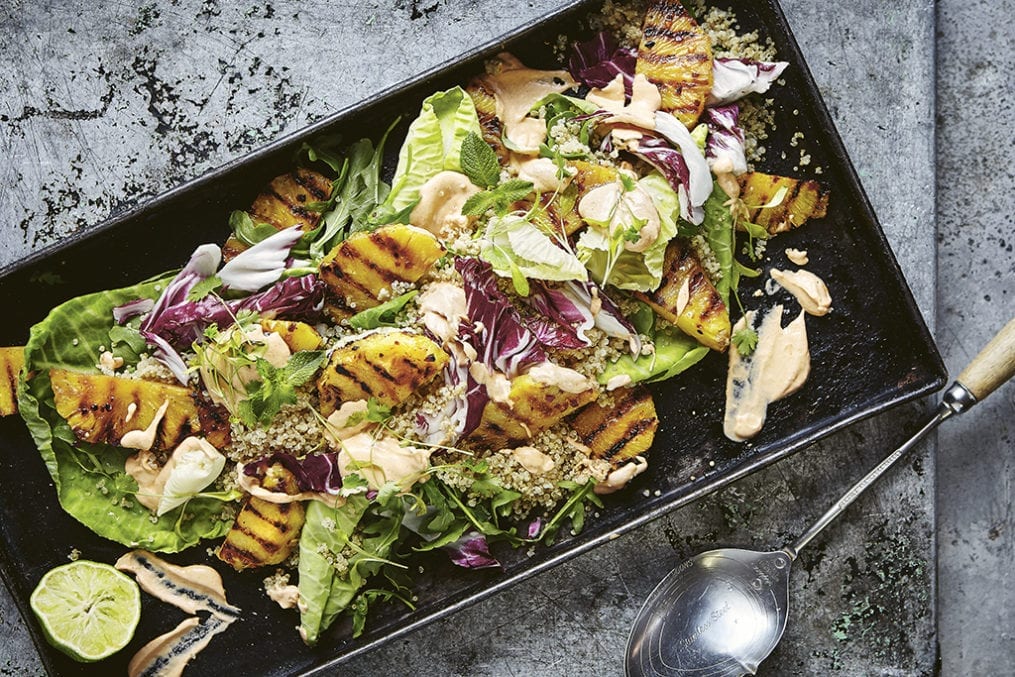5 reasons to join in with National Breakfast Week
Those glum, rushed Monday mornings with half-drank cups of coffee and cold slices of toast are over. This week, people all over Britain are making the most of their morning meal. Here’s why you should too.
‘Breakfast is the most important meal of the day’, goes the old cliché. But clichés are cliché for a reason: we all know jostling with the hardships of life is made easier by a full tummy in the morning.
Science says so too. The NHS claims that taking time to have an early morning munch can help to reduce the risk of long-term health problems including: heart disease, diabetes, high blood pressure and obesity. So putting that extra bit of thought into feeding yourself first thing could set you up for a more productive day and healthier month, year or even life.
That’s why, for National Breakfast Week, we’ve created the #HealthyBreakfastClub at Healthy HQ: we’ll be fueling our mornings with delicious wholefood creations which are anything but boring. And we want YOU to join in! Not convinced? Here are five reasons why being a breakfast skipper isn’t the way forward.
You’ll close in on your 5-a-day target
It’s not rocket science. If you plan and eat a nutritious breakfast – one that includes at least one serving of fruit – each morning, then you are more likely to reach your 5-a-day
target by the time the day is up. Gloria Stables, director of the National Cancer Institute’s 5-a-day program, says: ‘If you don’t get started with your first meal of the day, it’s awfully hard for most people to catch up.’
It can be as simple as cereal
We all have times when a balanced diet feels the cold shoulder of neglect and keeping track of minerals becomes bottom of the priority list. Don’t fear, most breakfast cereals around at the moment are fortified with an array of all the good ‘stuff’ – such as folic acid, which studies have linked to lowered risk of heart disease and colon cancer. They’re packed with fibre too. Harvard University experts say that we need 25 – 30 grams a day of the stuff to be the healthiest version of ourselves. When in actual fact, on average, we only consume approximately 13 grams, a serious under performance that could increase the risk of developing heart disease. Add in seeds or chopped fruit to get to your quota, quicker.
You’ll eat less later on
It may sound strange but eating more at breakfast could help to reduce your waistline, too. Loads of research has shown that eating a solid breakfast can remove your temptation to hanker after sugary snacks, and a recent study in the journal Diabetologia suggests people can even lose body fat simply by swapping a larger evening meal for decent morning fuel.
Read more: Superfood muesli recipeYou’ll be super switched on
Nutritionists advise that breakfast should be eaten within an hour of waking up.’Your blood sugar is at its lowest, so you’ll need some low Glycaemic Load carbs, like oats to release sugars slowly, and keep your energy levels and focus steady,’ says Patrick Holford, author of The Stress Cure (Piatkus, £13.99). Restored glucose levels = increased brain function, heightened concentration, lower stress and sharper memory.
Read more: Eat your way to more energyYou CAN make a meal out of it
The Agriculture and Horticulture Development Board (AHDB) – the organisation behind the ‘Shake Up Your Wake Up’ for National Breakfast Week – claims that a healthy breakfast should provide 20-35 per cent of your guideline daily allowance (GDA) of calories. For women, that means between 400-700 kcals to play with. Lose the measly yoghurt pot and supercharge your breakfast bowl with power-up foods.
How will you be celebrating National Breakfast Week? Tweet your pictures of your tasty creations to us @healthymag
using #HealthyBreakfastClub












